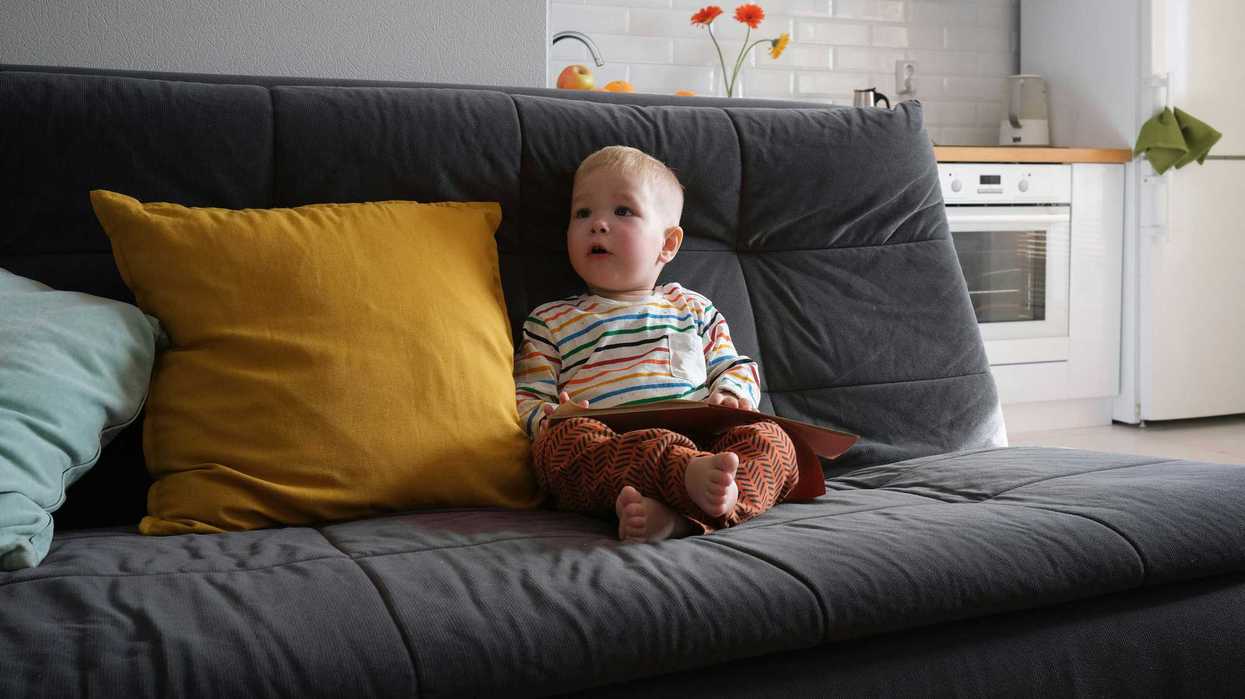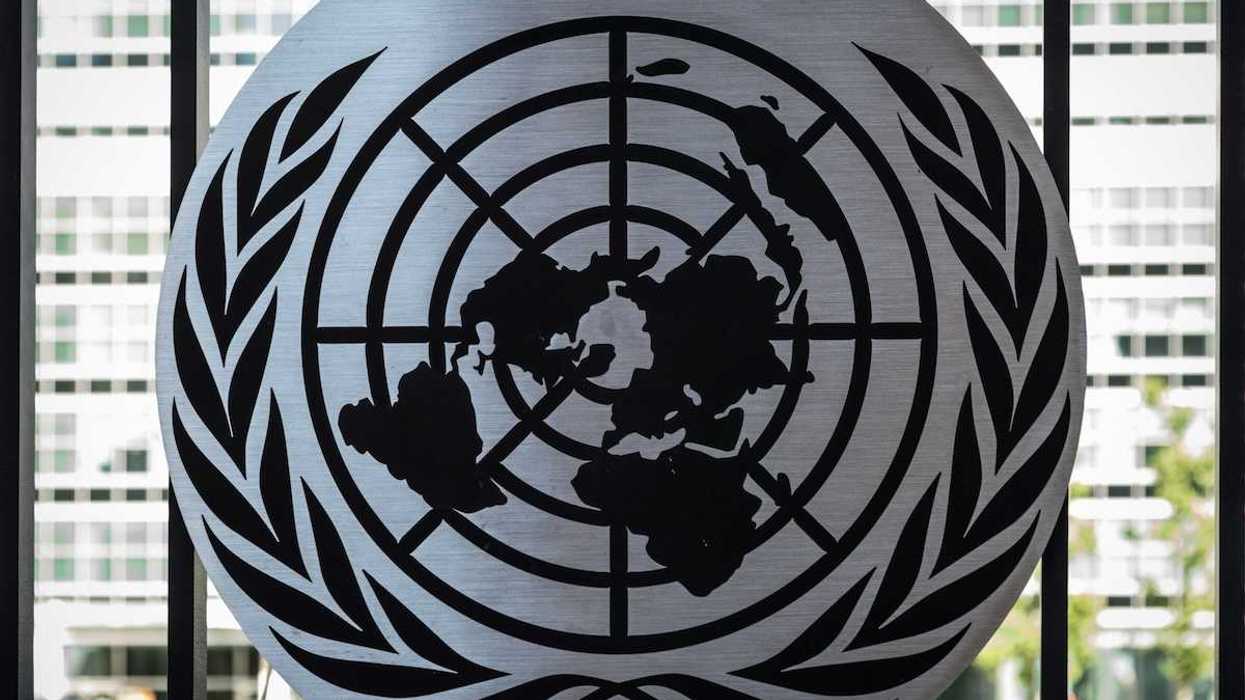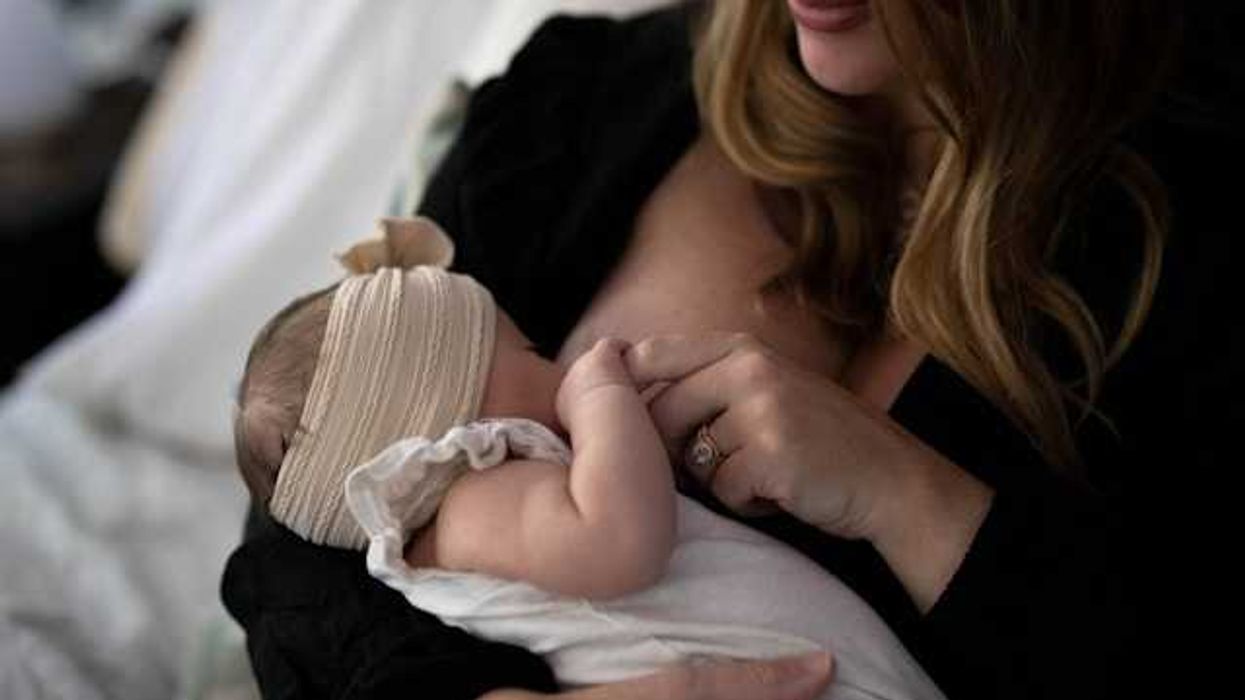UK insect numbers are plummeting due to the widespread use of increasingly toxic pesticides, according to experts.
Helena Horton reports for The Guardian.
In short:
- Insect populations in the UK are decreasing by about 1% annually, attributed to pesticide use.
- Modern pesticides are significantly more toxic than older ones, such as DDT, and are used extensively in agriculture.
- There is insufficient research on the combined effects of different pesticides on ecosystems.
Key quote:
“The wild insects are being exposed to a very wide range of pesticides as they go about their lives.”
— Professor Lynn Dicks, ecology professor at the University of Cambridge
Why this matters:
Insects play a crucial role in pollination, soil health, and as a food source for other wildlife. With their numbers dwindling, we face the possibility of a cascading effect that could disrupt food chains and reduce crop yields, ultimately impacting our food security. This decline is particularly concerning given the essential role insects play in pollinating plants, including many of the crops that form the backbone of our diets.














